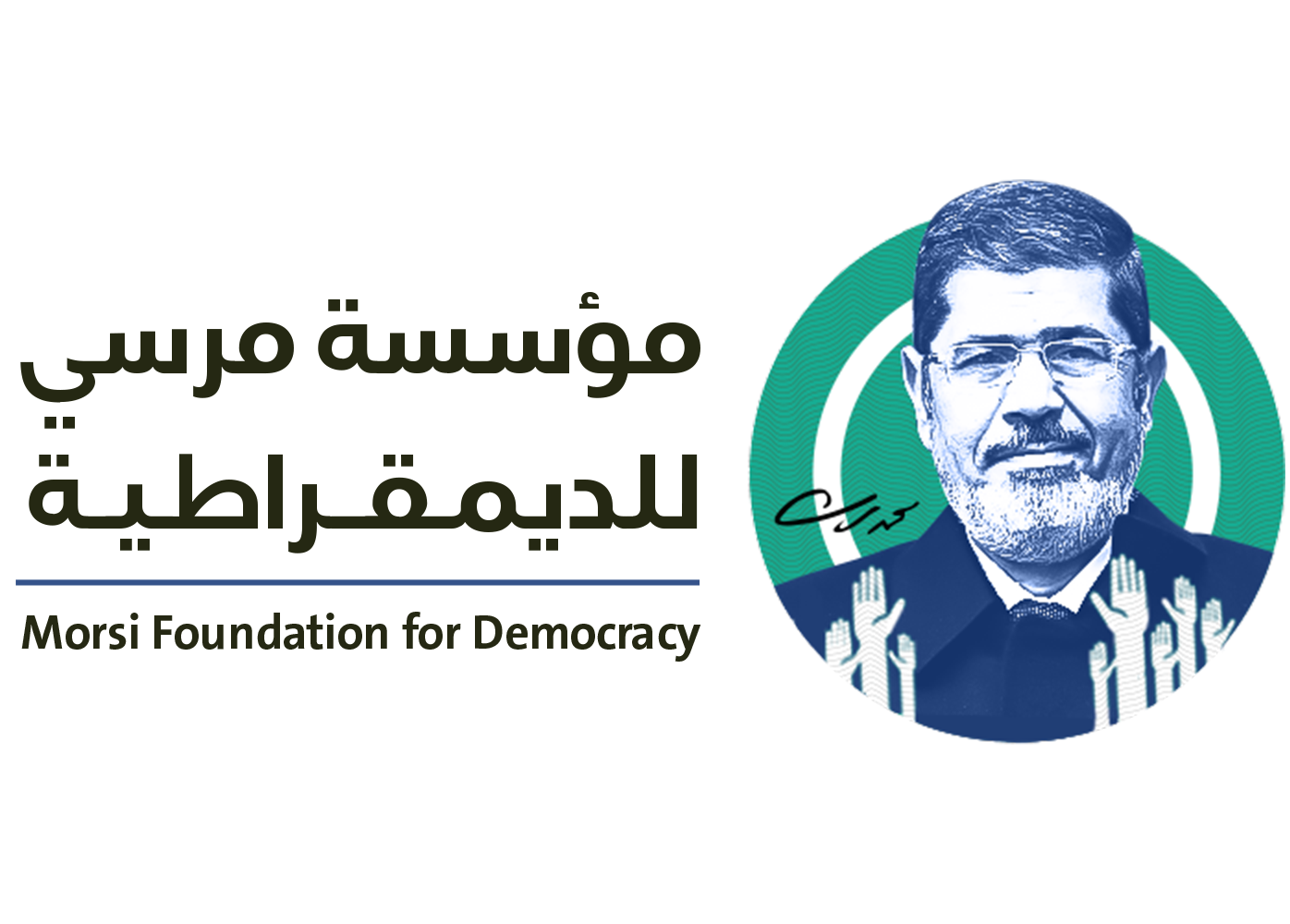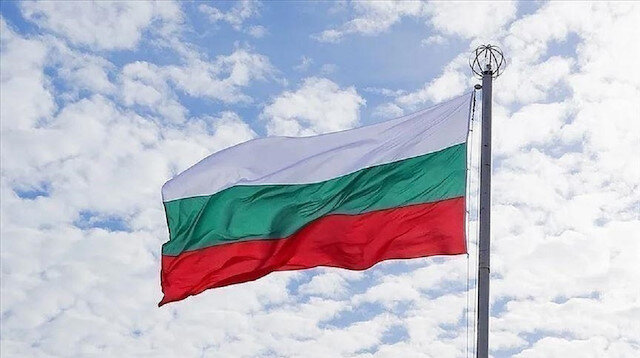Bulgarians are casting their ballots in a general election – the fifth in two years – which they hope will end political instability and help overcome the economic woes fuelled by the war in Ukraine.
Polling stations opened at 7am local time on Sunday, and preliminary results are expected on Monday.
Turnout is expected to be low due to voters’ apathy and disillusionment with politicians, who have been repeatedly unable to cobble together a viable coalition government.
In addition, in the last days before the vote, a wave of bomb threats targeted schools that are hosting polling stations. Cybersecurity experts attributed the threats to hacker groups engaged in hybrid attacks most likely linked to Russia and aimed at creating fear and reducing voter turnout.
Many Bulgarians traditionally share pro-Russia sentiments, which provides fertile soil for aggressive Kremlin propaganda in the poorest European Union member country.
The latest opinion polls suggest the chances for an immediate end to the political stalemate are low. Up to seven groups could muster the 4% threshold to enter a fragmented parliament where populist and pro-Russia parties are likely to increase their representation and promote radical and anti-EU politics.
Most pollsters found three-time Prime Minister Boyko Borissov’s centre-right GERB party is neck-and-neck at around 26% with its main rival, Kiril Petkov’s liberal We Continue The Change party, which recently formed a coalition with the right-wing Democratic Bulgaria.
The situation is complex because a stable government could be formed only by the two main political groups in a coalition, as they share similar pro-Nato and pro-EU positions.
But Mr Petkov’s party, which regards Mr Borissov as a divisive figure, accusing him of corrupt policies, will reject any coalition deal with GERB if Mr Borissov remains at its helm.
Still, both parties are trying to soften their mutual aggressive rhetoric to find an alternative to the policy of President Rumen Radev’s consecutive caretaker governments in the last few years that have been quietly shifting the country’s orientation to the East.



